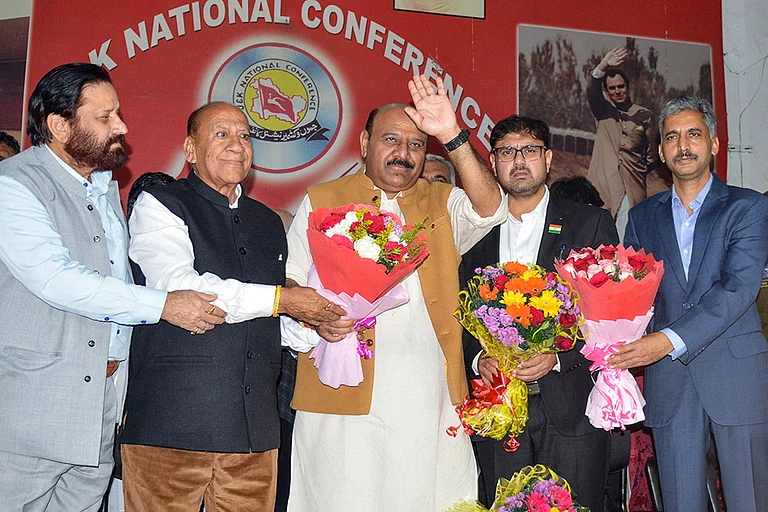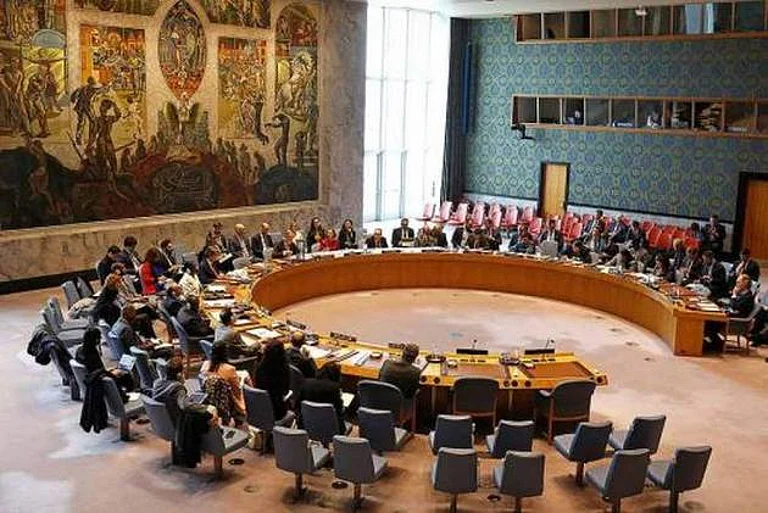On July 26 this year, as India commemorates 25 years of victory over Pakistan in the Kargil War of 1999 that was fought on the treacherous heights of over 10,000 feet, it is also time to introspect on a dimension that has and always will play a pivotal role in any counter-insurgency (CI) operations and wars that will take/has taken place globally―intelligence.
The Kargil War is known as Operation Koh-e- Paima in Pakistan. This operation was planned by the Kargil Clique comprising General Pervez Musharraf, the Chief of Army Staff, Lt Gen Aziz Khan, the Chief of General Staff, Lt Gen Mahmud, General Officer Commanding 10 Corps and Brig Javed Hassan, Commander Force Commander Northern Areas, to takeover certain territories in the Kargil sector of Jammu & Kashmir in India in a well-planned and secrecy-shrouded military operation. Koh-e-Paima in Urdu means one who climbs a mountain.
Operation Koh-e-Paima was approved by the Pakistan Army Chief on January 16, 1999, less than five weeks before the signing of the Lahore Declaration by the two Prime Ministers of India and Pakistan on February 22, 1999. The move by the Pakistan Army to occupy the territories in the Kargil sector began soon thereafter.
For nearly four months as the Pakistanis occupied the Indian territories, their presence on Indian soil remained undetected. It was only in the second week of May 1999 that the Indian Army detected the presence of the Pakistanis on our soil.
In the last week of May 1999, the Indian Army concluded that Operation Koh-e-Paima was a well-orchestrated military manoeuvre. On May 26, 1999, the Indian Air Force was pressed into operations, and the very next day the Indian Army launched Operation Vijay to push back the Pakistani Army from its soil.
In the 25 years since the Kargil War ended, India has seen numerous terrorist attacks though no conventional war has taken place after 1999, except the Galwan Valley clash with China in June 2020.
Some of these terrorist attacks post-1999 have seen high casualties, be it in the Mumbai terror attacks of 2008, the Pulwama terror attack of 2019, or the frequent terror attacks in Jammu & Kashmir. Though for a brief period of three years after the abrogation of Article 370 in August 2019, there was relative peace in Jammu & Kashmir till 2021.
But since 2022, terrorism spread to the south of Pir Panjal Range in the Jammu region, which till now had been vastly peaceful, baring an odd isolated terror attack.
This paradigm shift of terrorism from the north of the Pir Panjal Range, comprising the Kashmir Valley, to the Jammu region saw a new modus operandi which entailed the terrorists often targeting the drivers of the leading vehicle and then attacking the occupants after the control of the vehicle was lost by the driver. This modus operandi clearly points to the involvement of highly-trained personnel and the Pakistan Army
Special Forces soldiers, as it is next to impossible for such high-level of fire discipline to be found in terrorists.
In this era, where any communication intercept or social media interactions can be picked instantaneously, it is a matter of concern that so many terrorists activities in Jammu & Kashmir are happening with impunity. It is time accountability in intelligence gathering needs to be fixed. Loss of even one human life or an inch of land should not be acceptable under any circumstances.
Security forces can only effectively operate when they are given intelligence. Having served in the Kashmir Valley during my service in the army, I can vouch that the security forces do their best, and often beyond the call of duty, when situations warrant so. However, the lack of timely and accurate intelligence impairs the effectiveness of the security forces.
With a two-front war looming on India’s horizon―to be waged by China and Pakistan jointly in 2035, with many timelines pointing to it―the importance of timely and accurate intelligence assumes even more importance.
While it is understood that intelligence gathering will have some voids and not every action of the terrorists or an enemy nation can be ascertained ab-initio, but a series of major terrorists’ attacks after the 1999 Kargil War does warrant introspection. Accountability and responsibility have to go in tandem. Action taken on intelligence lapses should be put in the public domain. For it is the fear of reprisals that makes one learn from the past and ensures that similar lapses do not recur.
Apart from using technology for intelligence gathering, the time-tested method of human intelligence gathering should not be minimised. Rather, human intelligence gathering needs to be given equal importance as technological measures, so that they complement each other.
With India located in one of the world’s toughest geopolitical locations with two belligerent neighbours on its western and eastern borders, and between the Golden Triangle, Golden Crescent and China, which are the world’s biggest sources of illegal drugs, the tensions and turbulence in India will see an increase till the run- up to 2035, unless foolproof and infallible intelligence gathering methods and measures are put in place.
Though the importance of intelligence need not be overemphasised, there is one more point needs deliberation as there’s just a decade left for the two-front war in 2035. The Indian Army should be de-inducted from the counter- insurgency grid all over India and should focus only on its primary role of war efforts.
The Central Armed Police Forces (CAPF) should take over counter-insurgency in the nation for two reasons. One, preparation for a conventional war is totally different than counter-insurgency operations, and now the Indian Army needs to totally focus on war preparedness. Two, during a war, the counter-insurgency responsibilities shift from the Indian Army to the CAPF. Any delay in shifting the counter-insurgency responsibilities will prove counterproductive to India’s efforts for the two-front war that is on the anvil.























